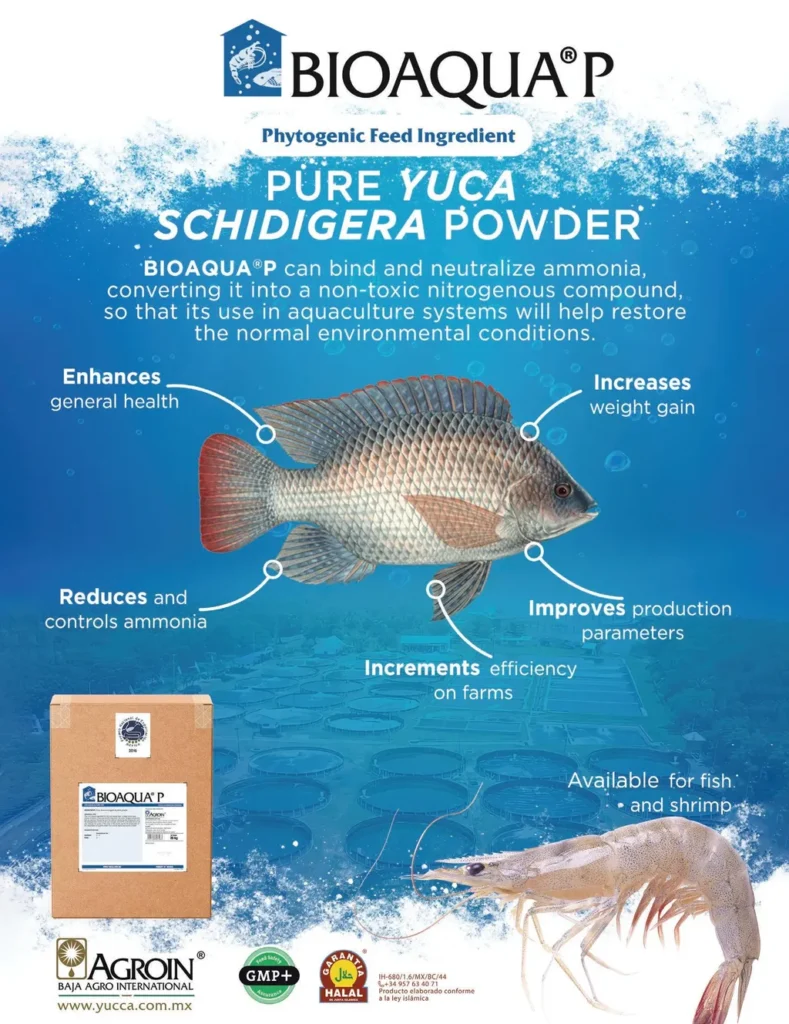In a groundbreaking study published in *Aquaculture Reports*, researchers have uncovered a promising alternative to traditional mineral supplements in aquaculture feed. The study, led by Muhammad Anamul Kabir of Sylhet Agricultural University in Bangladesh and Universiti Malaysia Kelantan, explores the potential of molluscan shell powders as organic mineral sources for Nile tilapia (Oreochromis niloticus). The findings could revolutionize the aquaculture industry by offering a sustainable and cost-effective solution to enhance fish growth and health.
Nile tilapia is one of the most widely farmed fish species globally, valued for its rapid growth and adaptability to various environments. However, the industry has long relied on commercial mineral premixes, which can be expensive and environmentally questionable. Kabir’s research introduces a novel approach by utilizing shell powders from giant freshwater snails, river snails, and freshwater mussels as primary mineral sources in fish diets.
The 90-day feeding trial revealed significant improvements in growth parameters for fish fed diets containing molluscan shell powders. “The fish fed these diets showed higher final weight, weight gain, and specific growth rate compared to those on the control diet,” Kabir explained. This suggests that molluscan shell powders could be a viable alternative to conventional mineral supplements, potentially reducing production costs and environmental impact.
Beyond growth performance, the study also examined the effects of these diets on whole-body composition, blood biochemistry, and organ health. Fish fed the experimental diets exhibited higher ash content in their bodies, indicating better mineral absorption. Blood biochemistry profiles were also positively influenced, with notable improvements in intestinal and liver health. “The intestinal health of the fish was markedly improved, with well-organized goblet cells and distinct stratum compactum,” Kabir noted. These findings highlight the potential of molluscan shell powders to enhance overall fish health and well-being.
Economic efficiency was another critical aspect of the study. The research demonstrated that diets incorporating organic mineral sources led to significant cost savings. “The economic efficiency was considerably improved in the groups fed diets with organic mineral sources,” Kabir stated. This could have profound implications for the aquaculture industry, offering farmers a more sustainable and profitable alternative to traditional mineral supplements.
The study’s findings open up new avenues for research and development in the field of aquaculture. As the industry continues to seek sustainable and cost-effective solutions, molluscan shell powders could emerge as a key player. “This research paves the way for further exploration of organic mineral sources in aquaculture feed,” Kabir said. “It’s an exciting time for the industry, and we are optimistic about the potential of these findings to drive innovation and improve practices.”
The research, published in *Aquaculture Reports* and led by Muhammad Anamul Kabir from Sylhet Agricultural University and Universiti Malaysia Kelantan, represents a significant step forward in the quest for sustainable aquaculture practices. As the industry continues to evolve, the integration of organic mineral sources could become a cornerstone of modern fish farming, benefiting both producers and consumers alike.

